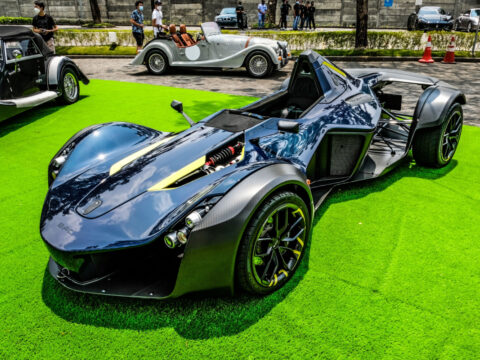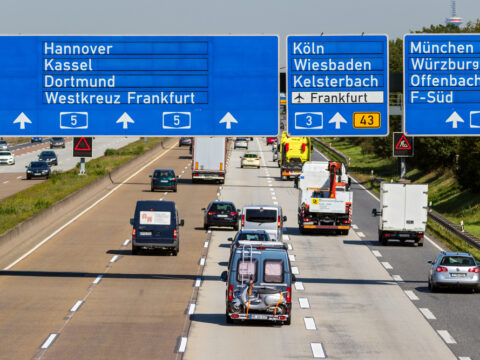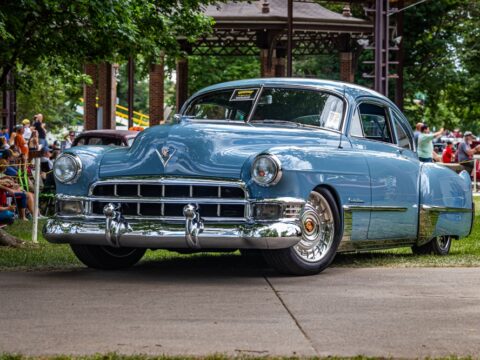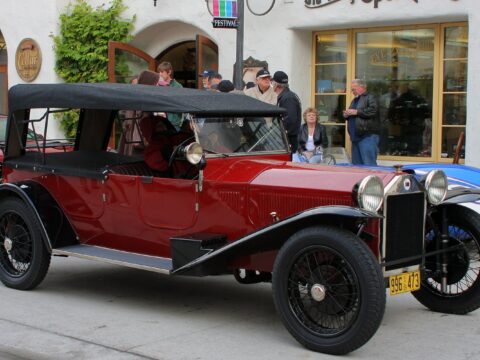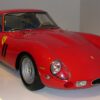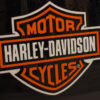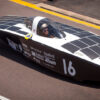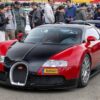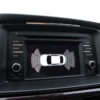As we cruise down the highway of automotive history, we pass by shining examples of innovation, design marvels, and engineering masterpieces. Yet, every journey has its bumps, and in the world of cars, the 1970s had more than its fair share of vehicular potholes.
Contents
AMC Gremlin (1970-1978)
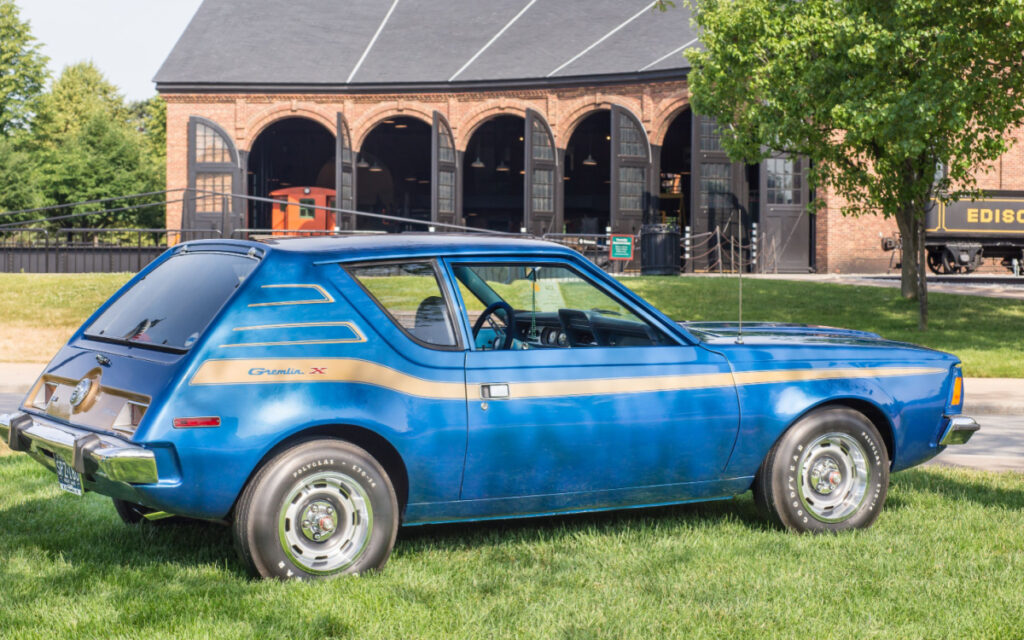
This car was designed to compete with foreign imports, but the Gremlin was criticized for its peculiar styling and lack of cargo space. While it had a distinctive look, it was often deemed quirky rather than appealing.
Chevrolet Vega (1970-1977)
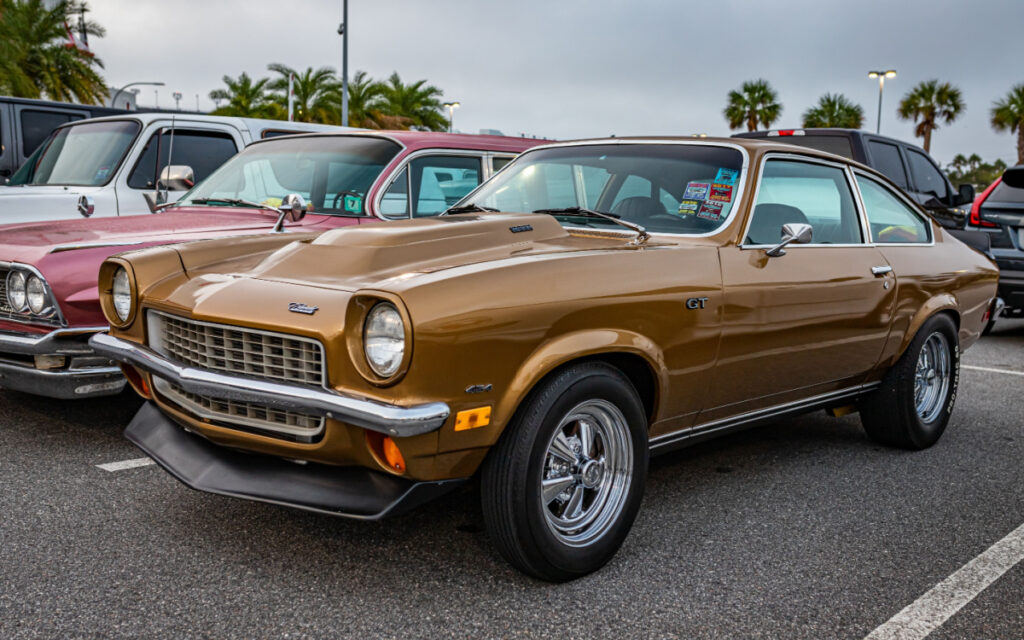
The Vega promised much but delivered little. It was plagued by problems including poor build quality, mechanical reliability issues, and severe rust problems, ultimately leading to its downfall.
Triumph TR7 (1975-1981)
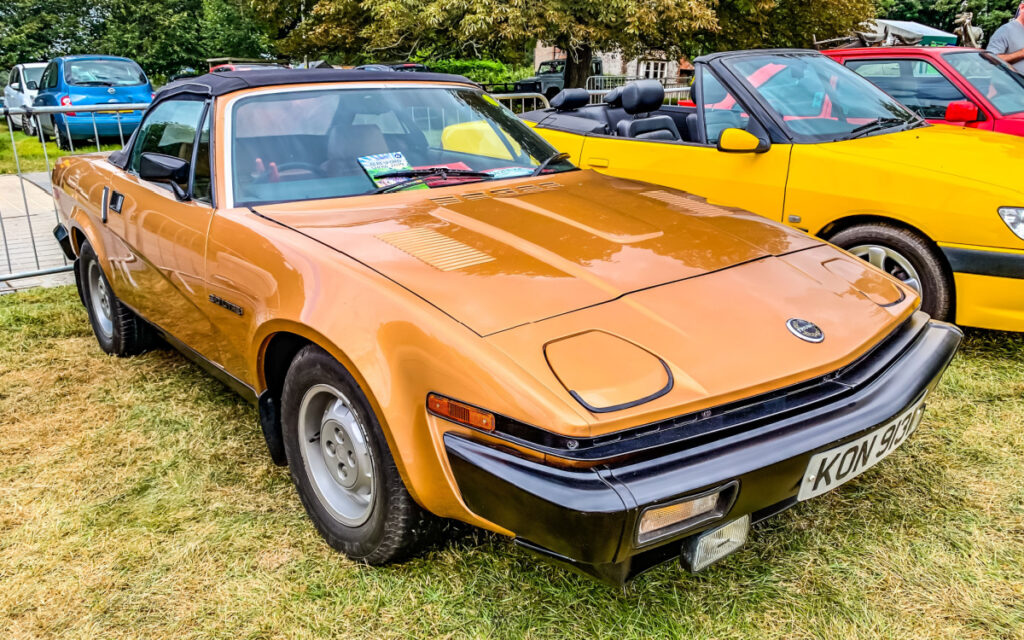
While its distinctive wedge shape was either loved or hated, the TR7’s lack of reliability and quality let it down. Numerous strikes at the British Leyland factories also affected its build quality.
Austin Allegro (1973-1982)
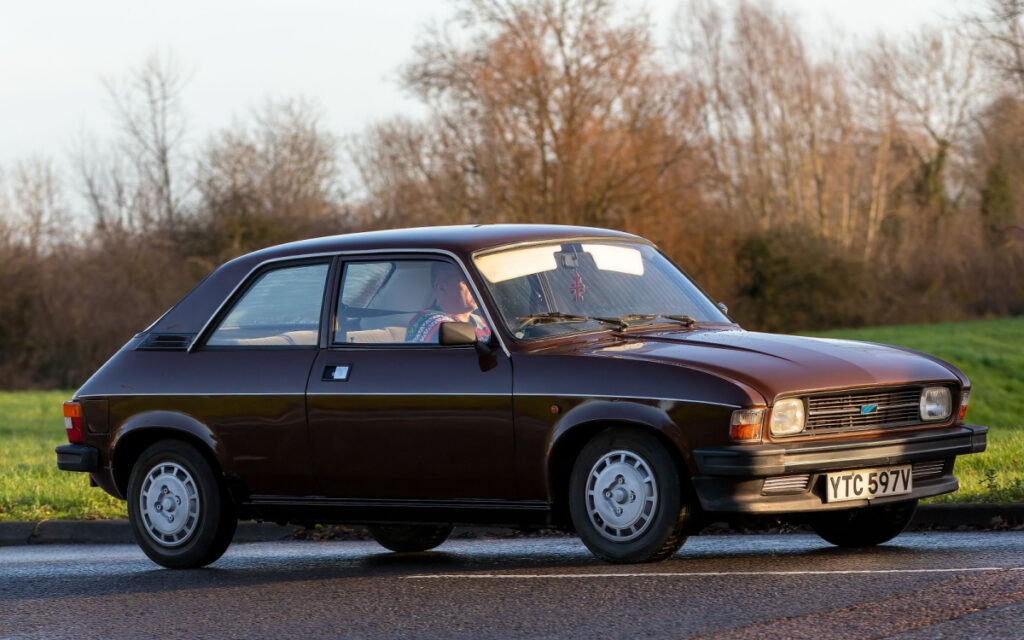
The Allegro was known for its questionable styling, poor build quality, and mechanical issues. It also suffered from inconsistent handling due to its innovative but flawed suspension design.
Chevrolet Chevette (1975-1986)
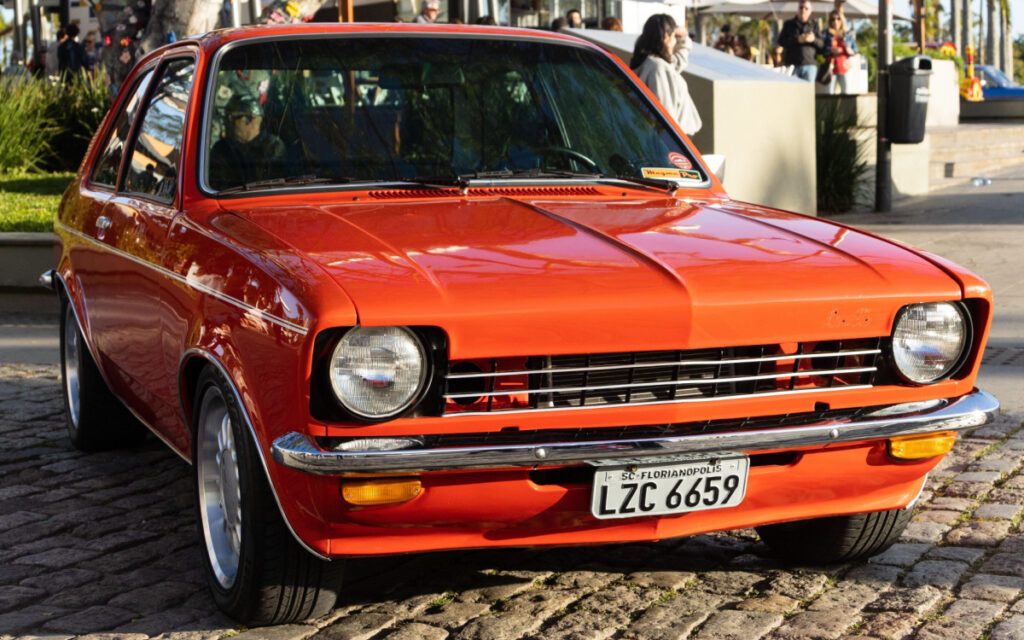
While initially popular due to its low price and good fuel economy, the Chevette quickly became criticized for its poor performance, cramped interior, and low-quality materials.
Ford Mustang II (1973-1978)
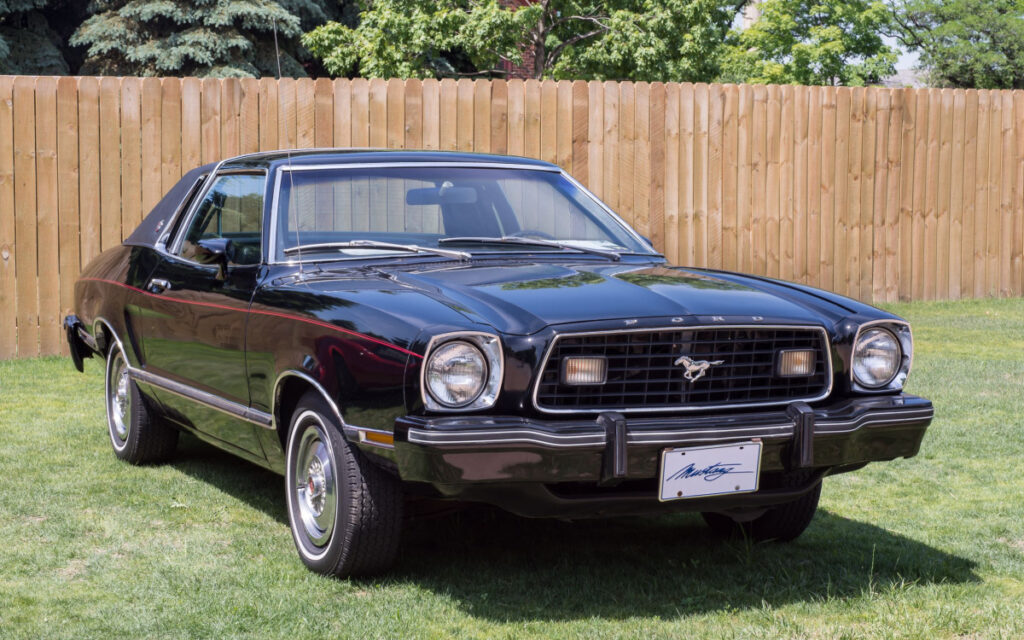
Introduced during the oil crisis, the Mustang II was smaller and less powerful than its predecessor. Many Mustang enthusiasts felt it strayed too far from the Mustang’s performance roots, and it is often considered one of the less desirable models in the Mustang lineage.
Renault Le Car (R5) (First Generation) (1972-1985)
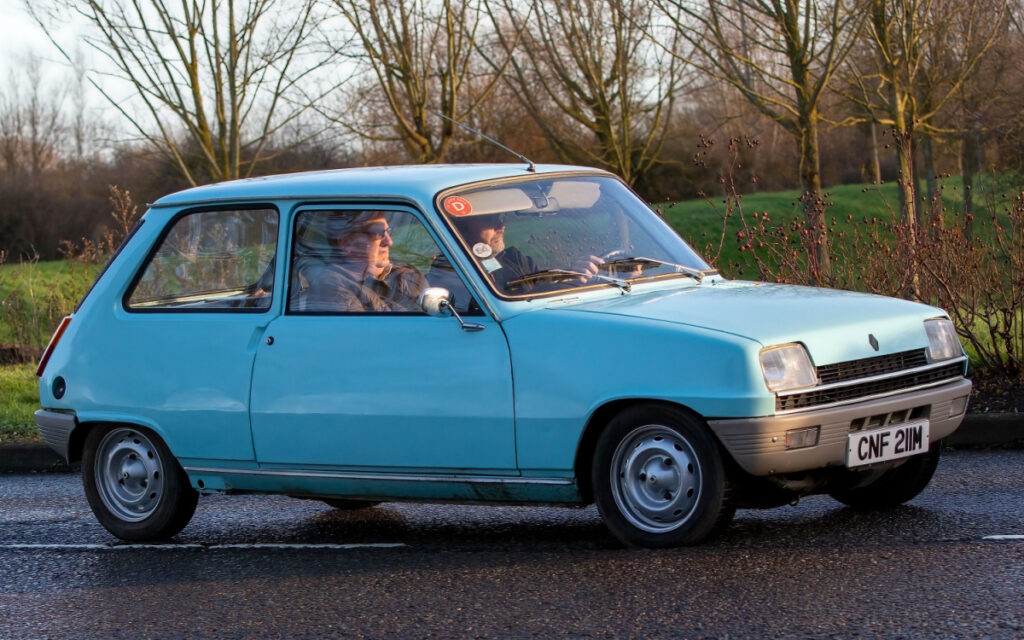
Despite its success in Europe, in the U.S., the R5, rebranded as the Le Car, suffered from poor reliability, build quality, and lackluster performance, which hurt its reputation.
Pontiac Grand Prix (1962-2008)
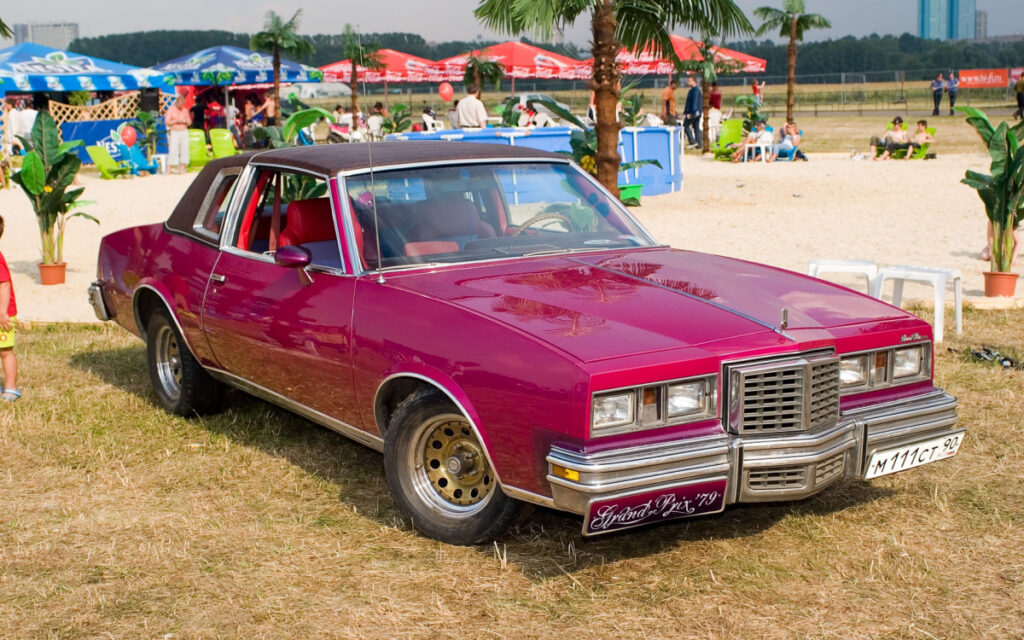
The late 1970s models were heavily criticized for their downsized design, reduced power, and diminished driving dynamics. At the same time, the build quality and reliability did not meet earlier models’ expectations.
Dodge Aspen (1976-1980)
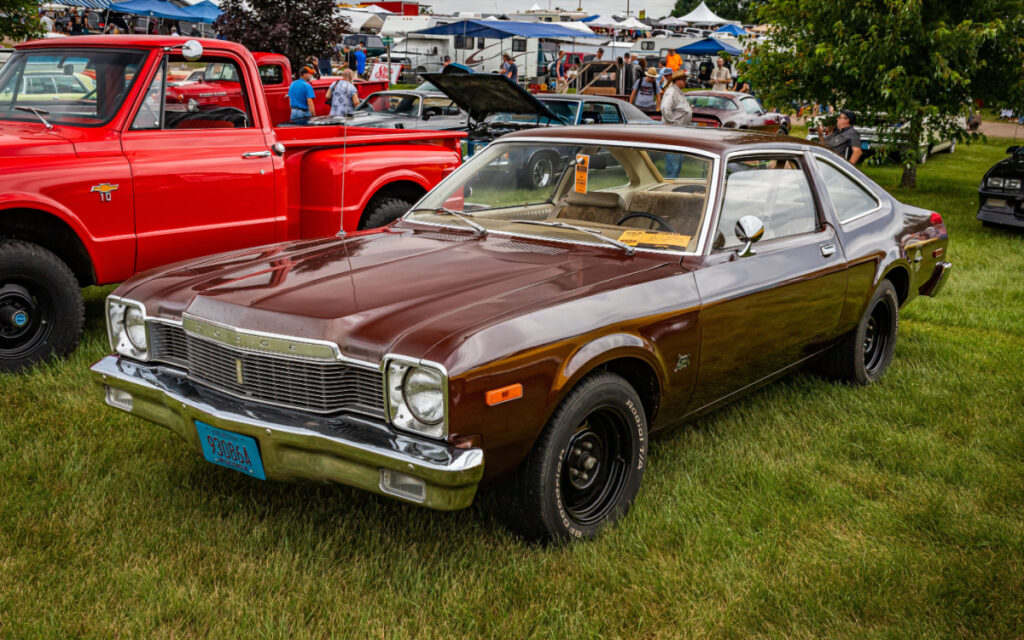
Plagued with recalls for rust, build quality, and mechanical failures, the Aspen quickly developed a reputation for unreliability and poor overall quality.
Jensen-Healey (1972-1976)
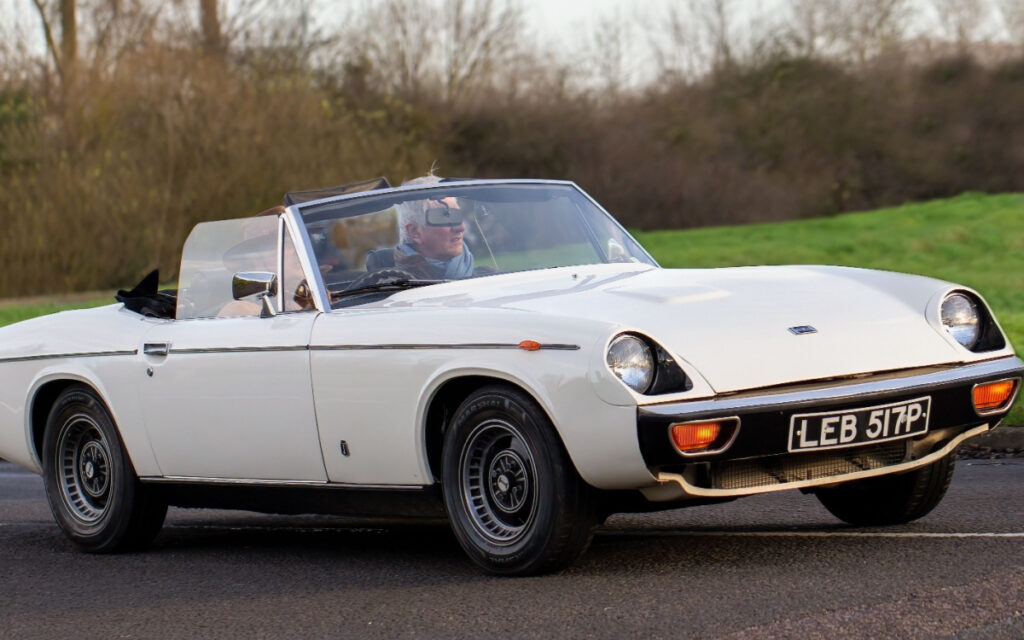
Intended to be a high-quality British sports car, the Jensen-Healey was instead plagued by reliability problems, particularly with its Lotus-produced engine, as well as issues with build quality.
Ford Pinto (1971-1980)
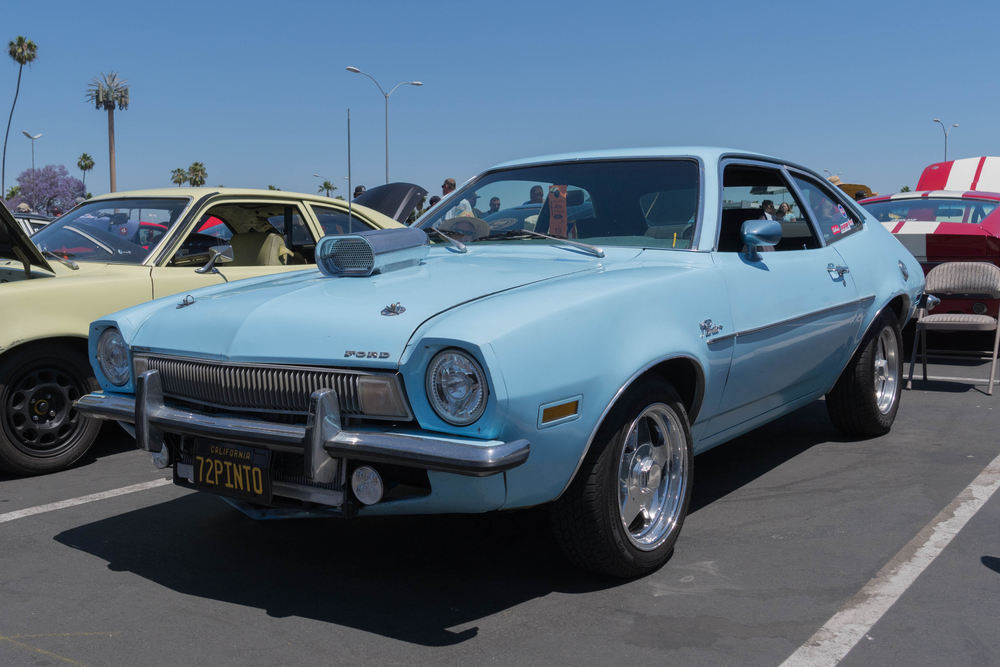
The Ford Pinto became infamous due to a major safety issue: its fuel tank was prone to rupturing in rear-end collisions, leading to fiery accidents. This problem was highlighted by a scandalous revelation that Ford had known about the flaw but calculated that fixing it would be more expensive than settling lawsuits from accidents. The Pinto became a symbol of corporate indifference to safety, severely damaging its reputation and making it one of the most hated cars of the decade.
AMC Pacer (1975-1980)
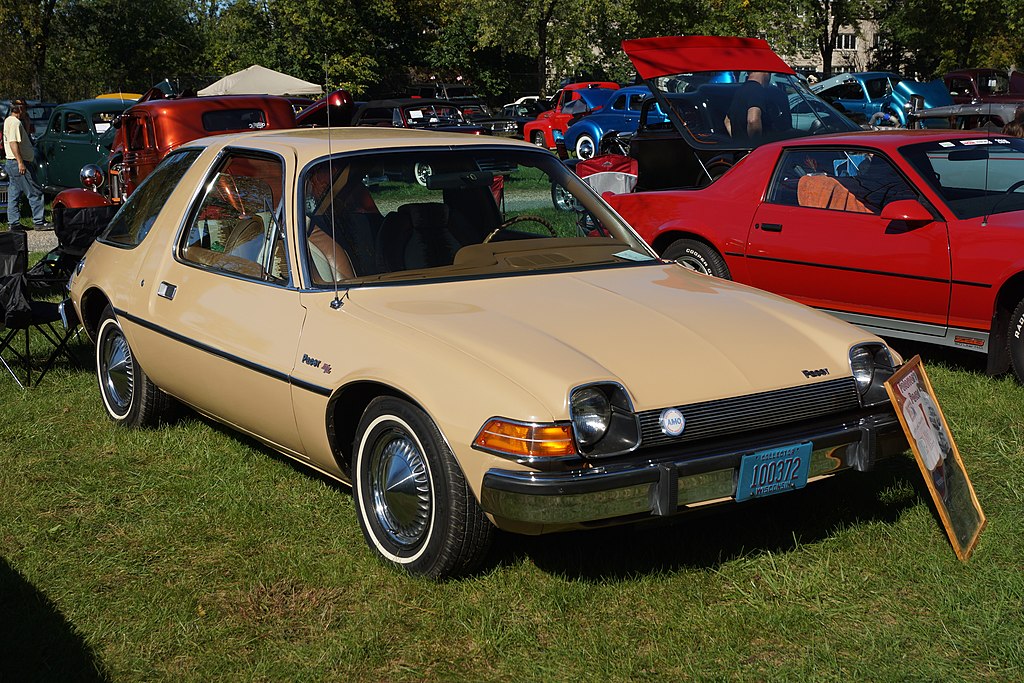
The AMC Pacer was designed to be innovative with its wide body and extensive glass area, offering improved visibility and a spacious interior. However, it was often mocked for its unusual, rounded styling, which earned it the nickname “the fishbowl.” Its performance and fuel efficiency did not meet expectations, and the car’s distinctive looks were not enough to overcome its practical shortcomings, leading to its negative reception.
Fiat 124 Sport Spider (1966-1985)
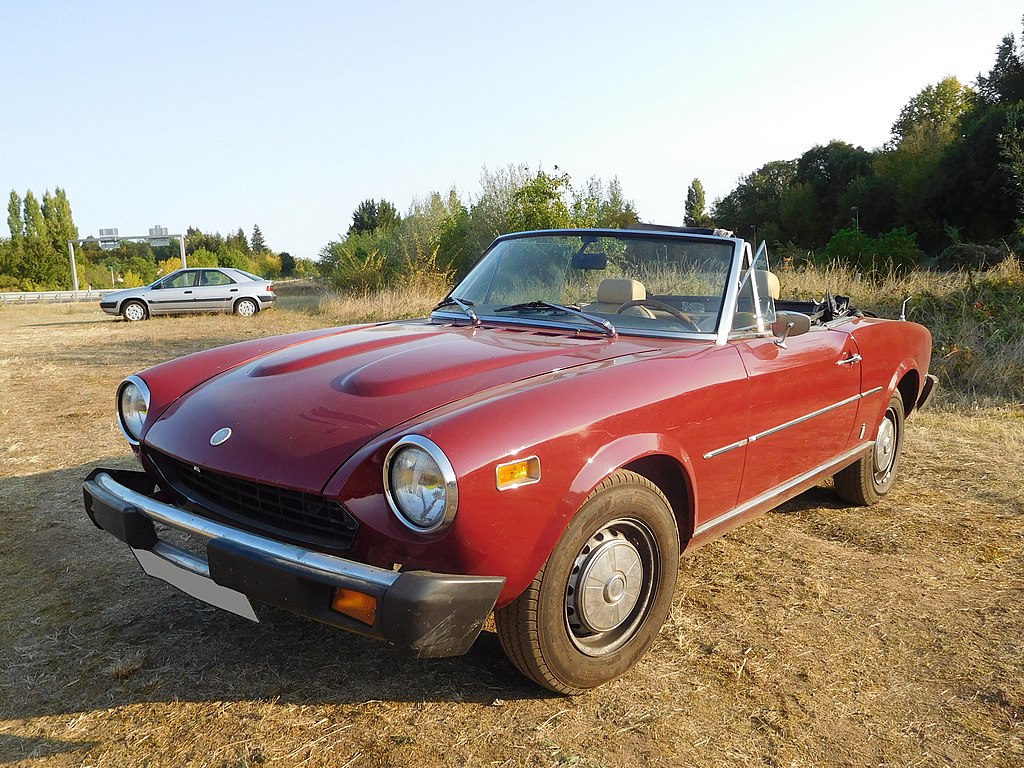
While the Fiat 124 Sport Spider was admired for its stylish design and enjoyable driving dynamics, it was plagued by reliability issues and susceptibility to rust. In an era when Italian cars were already stereotyped for such problems, the 124 Sport Spider did little to improve Fiat’s reputation, and it became one of the more criticized vehicles of the time, especially in markets with harsher climates.
Chrysler Cordoba (1975-1983)
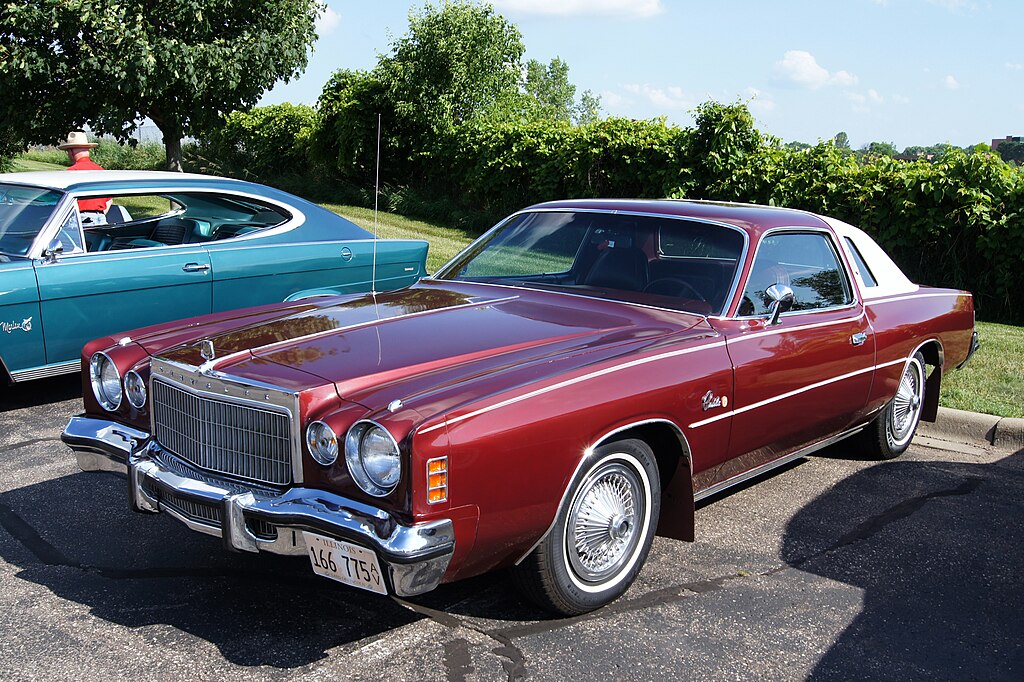
Greg Gjerdingen / Wikimedia CommonsThe Chrysler Cordoba gained attention with its plush interiors and the famous marketing campaign featuring Ricardo Montalban speaking of its “rich Corinthian leather.” However, it was criticized for its large size, poor fuel economy, and subpar performance, particularly during the oil crisis era when consumers were shifting towards smaller, more efficient vehicles. Its attempt at luxury was seen as pretentious, contributing to its negative image.
Lancia Beta (1972-1984)

The Lancia Beta was initially well-received for its handling and design, but it quickly gained a notorious reputation for severe rust problems, especially in wet climates. Mechanical reliability issues further marred its reputation, leading to a massive recall and a buyback scheme in the UK. These problems overshadowed its positive aspects and made it one of the most maligned cars of the era.
Cadillac Seville (1975-1979)
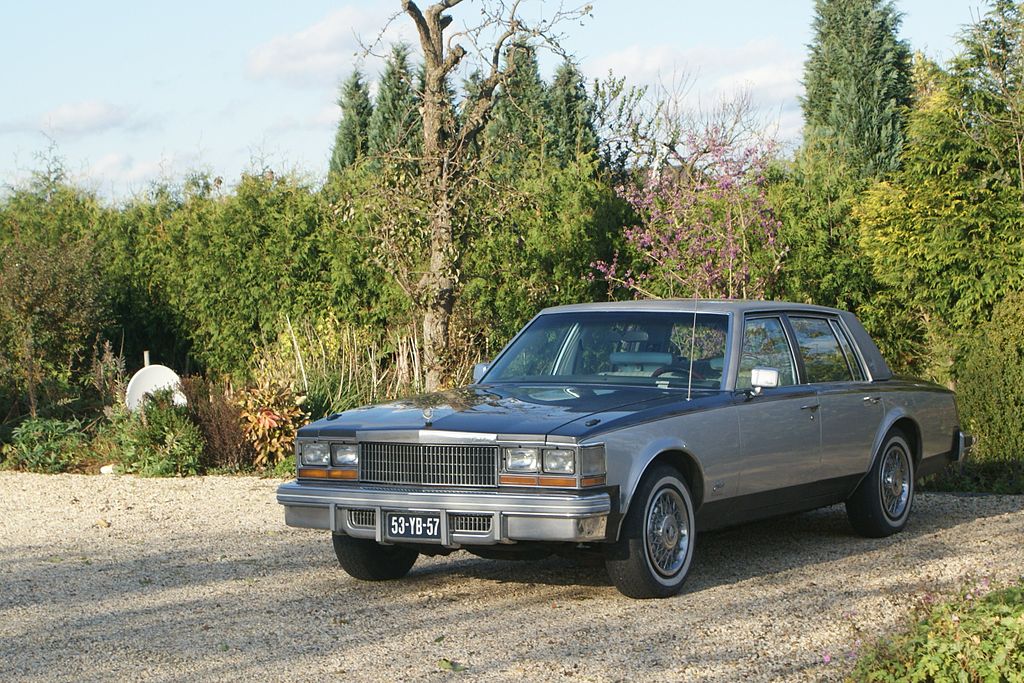
The Cadillac Seville was introduced as a smaller, more fuel-efficient luxury car aimed at competing with European sedans. However, its high price tag, coupled with questionable styling decisions and reliability issues, made it a target of criticism. While it was technologically advanced, the Seville was seen as overpriced and failed to meet the luxury expectations associated with the Cadillac brand, leading to its poor reception.
Oldsmobile Omega (1973-1984)
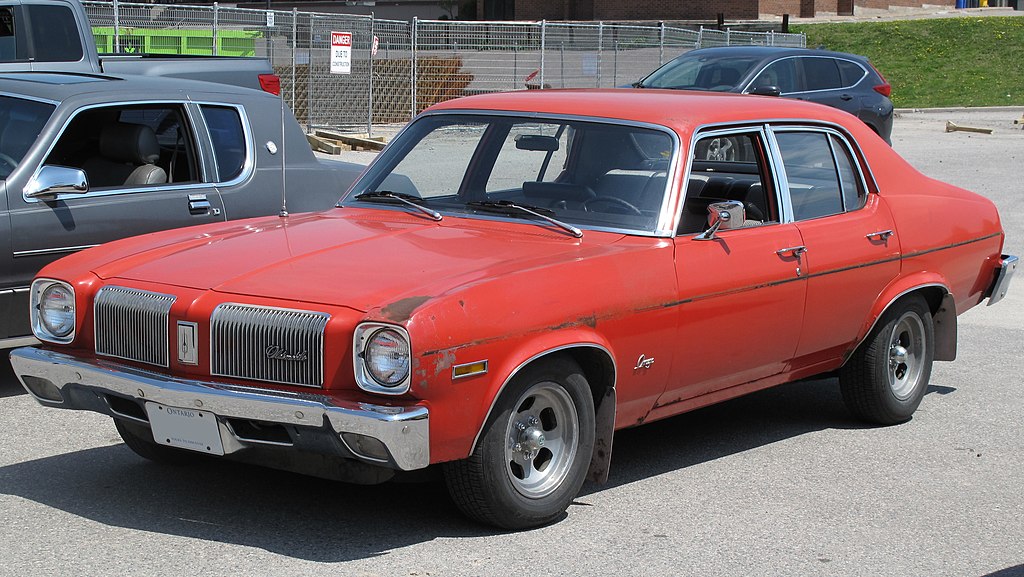
Elise240SX / Wikimedia CommonsBased on the same platform as the Chevrolet Nova, the Oldsmobile Omega was criticized for its lack of distinction from its less expensive Chevy counterpart, as well as for its mediocre performance and build quality. It failed to stand out in the crowded compact car market of the 1970s, and its association with Oldsmobile’s declining reputation further hurt its appeal.
Bricklin SV-1 (1974-1976)

The Bricklin SV-1 was intended to be a safe and innovative sports car, but it was marred by quality control problems and financial difficulties within the company. Its gull-wing doors often malfunctioned, and the overall build quality was poor. These issues, combined with its high cost and performance that didn’t meet sports car expectations, led to its failure and negative legacy.
Rolls-Royce Camargue (1975-1986)
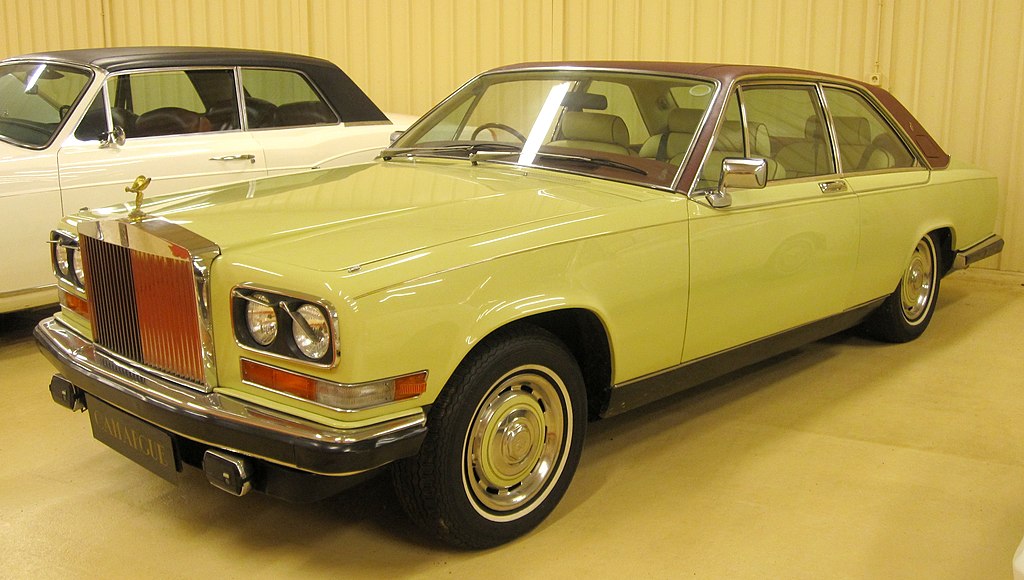
The Rolls-Royce Camargue was one of the most expensive cars at the time of its release, but it was heavily criticized for its styling, which many found unattractive, and its lack of significant technological advancements over less expensive Rolls-Royce models. Its design, created by Pininfarina, was a departure from traditional Rolls-Royce elegance, and the car’s high price made it a symbol of excess rather than quality, tarnishing its image.
This article originally appeared on MyCarMakesNoise.
More from MyCarMakesNoise
22 of the Coolest Cars You’ve Probably Never Heard of

Car collectors, design geeks, and lovers of beautiful things unite! Let us pause our current subcompact SUV fixation and appreciate some rarer gems gracing the automotive world. Read More
20 Most Beautiful Sports Cars Ever Crafted

When artistic design meets engineering, it often leads to stunning sports cars that combine power with elegance. In the world of sports cars, the quest for speed blends with visual beauty, creating vehicles that are as gorgeous as they are exciting to drive. Read More
20 Cars That Were 1960s Flops

The 1960s were a legendary time for cars, known for iconic muscle cars like the Ford Mustang and Chevrolet Camaro. This era introduced groundbreaking designs and innovation. Read More

